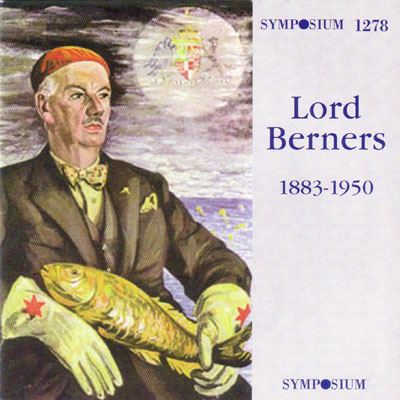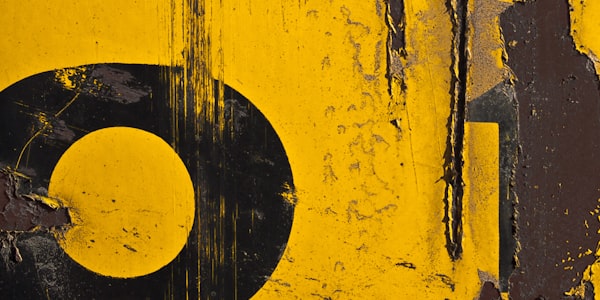A call from Roelf van Coller who used to trade foreign currency for Transnet and who now more sensibly runs a guesthouse in Sedgefield with his wife, the beautiful Ronel. “I read your letter in Noseweek and see you’ve moved to Knysna.” Huh? Noseweek (acting) editor Max du Preez – a fourth estate hero of mine from Vrye Weekblad days – railed against the dumbing-down of SA culture in his organ last month. An argument confirmed by the amputated appearance of my letter to him, published in November Noseweek with my domicile switched from Paardeberg to Knysna. A case of cultural cringe perhaps, with the Swartland judged too infra dig? I attach the original letter, so you can make up your own mind, Roelf.

Dear Max
One of the greatest contributions of English composer and eccentric Lord Berners was to point out that the Dutch did “death, where is thy sting?” (“dood, waar is uw prikkel?”) so much better in their authorized version of the Bible published in 1619 than did King James in his, published eight years earlier. Berners came to mind as I read your October editorial decrying the anti-intellectual, anti-rational assault on SA cultural capital and saw it confirmed in your wine column.
In it, an associate editor of the Platter wine guide mistakenly calls me a “self-styled ‘rich fatty’” and accuses me of waging a relentless onslaught against his guide for daring to suggest that blind as opposed to sighted tastings are fairer. Of course his real problem is that I am an independent commentator, an enthusiastic amateur even, which drives insiders like him wild.
Berners bowed out in 1950, long before the hideous hot air balloon of wine writing inflated, which is a great pity as he made a career out of mocking the boring and the pompous. His pranks are legion and legendary and Mark Amory’s biography Lord Berners: The Last English Eccentric (Random House, 1999) is bursting with them. My favourite is the sign outside the last traditional garden folly tower in England he built in the grounds of Faringdon, his country pile, which warns “members of the public committing suicide from this tower do so at their own risk.”
A new oral biography of milord has just been published by Peter Dickinson. Called Lord Berners: Composer, Writer, Painter (Boydell, 2008), it is a collection of interviews with acquaintances. Like famous aesthete Harold Acton who makes the point that Berners “was always treated as an amateur, which was really a pejorative term in England… it really means that you love what you are practicing. Whether [Berners] was painting or composing or writing he enjoyed it very much.”
Igor Stravinsky had previously made the point that Berners “was an amateur in the best, literal, sense” and called him the best composer of his generation. Berners, a wealthy scion of the aristocracy (being descended from a grandson of King Edward III) made art because he wanted to, not to earn a crust, which gave his work a form of purity.
The superiority of Berner’s amateur approach is confirmed by composer Gavin Bryars who compares Berners to Erik Satie (“probably the purest artist of all”) noting “its ‘amateur’ nature is its strength… the independence of spirit and confidence in the quality of their imagination, and the range of work that imagination generated, are themselves sufficient reason for prizing the ‘amateur’ status above that of the competent professional.”
After a week spent in the super-efficient, climate controlled, über-bling Cape Town International Convention Centre at the trade show Cape Wine 2008, I am more convinced than ever that it’s time to bring Bacchus back off the bench and into a game that has for far too long been the domain of Mammon and his midfielders.
CW2008 was clean, clinical and ruthlessly efficient. It was very much a supermarket vision of SA wine: seminars on the impact of the 2010 soccer World Cup and ROI (Return On Investment) South Africa featuring pompous Professors of Wine Marketing and International Wine Executives talking return on brands and equity.
No wonder foreign media coverage to date has focused on SA politics, sprawling squatter camps surrounding Cape Town International Airport and the cardkey security system at the R4500 a night Westin Grand where many of the invited delegates dossed down. SA wine mostly escapes mention, left as it was back on the farm in Koekenaap and Kranskop, the media tour to the Robertson Wine Valley scheduled for the Monday before the show, being cancelled for lack of media interest.
Of course one of the perils of arguing against the status quo is the risk of being called mad by those already suborned by the system. Berners got over such charges early on in his career. Packed off to the Château de Résenlieu in Normandy to improve his French after finishing up at Eton, he was billeted in “a large attic-room with beams appearing in unexpected places… it delighted me because its walls were hung with the most brilliant scarlet linen, a stuff, I subsequently learnt, called ‘andrinople.’”
It reminded him of a sitting-room in Proust “of so vivid a scarlet that it would catch fire if a single sun-ray touched it.” Mrs. B was not as impressed: “I hope that you won’t go mad living in this room.” Her son was not at all disturbed, noting “better be mad than dull” a sentiment any amateur wine lover will agree with.
Regards,
Neil Pendock
Lemoenfontein
Paardeberg



